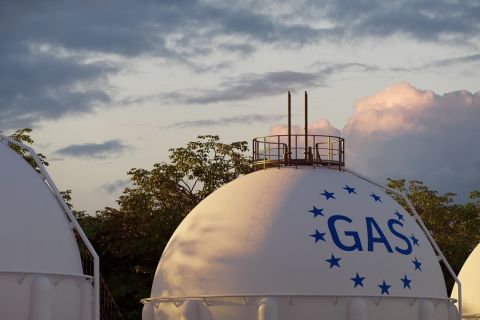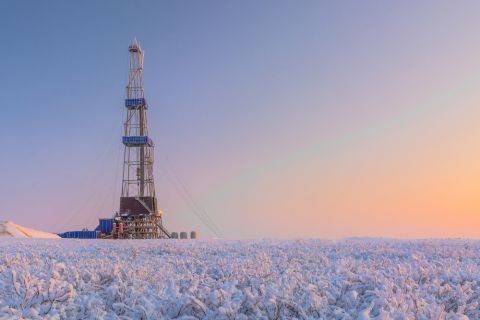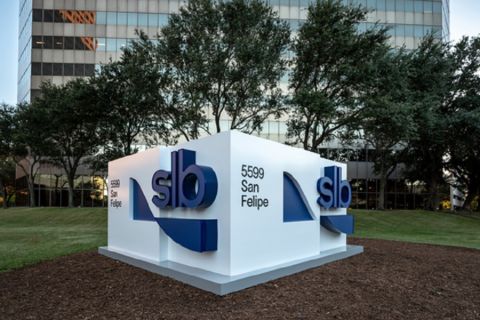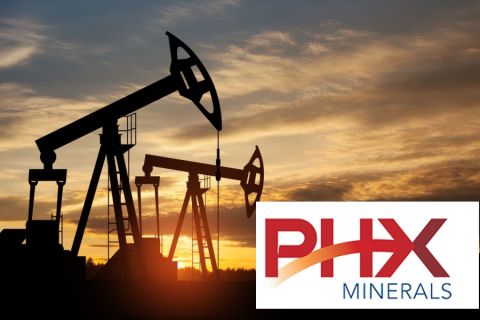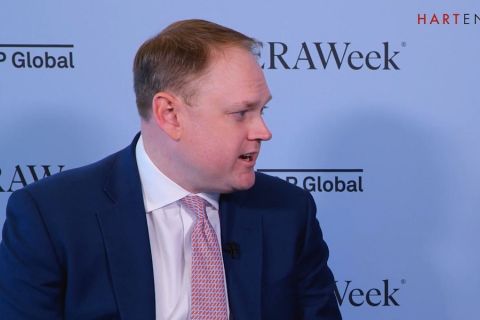East Timor’s national oil company aims to reach a final investment decision on developing the Greater Sunrise natural gas field by 2022 and start producing about four years later, its chief executive said on June 19.
The promising gas project is seen as crucial to the impoverished nation’s economy but had been long held up by a maritime border dispute between East Timor and Australia, which was resolved last year.
East Timor had also disagreed with the project’s owners, led by Australia’s Woodside Petroleum, over whether to pipe gas from the field to a LNG plant in Australia or to East Timor.
Looking to jump start the project, the country’s state oil company TimorGap recently bought out two of the major partners, Royal Dutch Shell and ConocoPhillips, for $650 million, giving it majority ownership of Greater Sunrise.
It is now working on lining up a new partner to back plans to build an LNG plant in East Timor, aiming to start shipping LNG by 2025 or 2026, TimorGap CEO Francisco Monteiro said at the Credit Suisse Australia Energy Conference.
“We believe there’s good opportunity in the market in 2025, 2026,” Monteiro said.
“As it stands now, we think progress towards an FID [final investment decision] in two, three years is reasonable,” he said.
A potential obstacle to that timing is Woodside, which remains operator of Greater Sunrise but has said it is only interested in running the offshore gas production, not an LNG plant in East Timor, and envisions the project coming on line only after 2027.
Woodside has three projects in Australia and Senegal that are ahead of Greater Sunrise in its medium- to long-term plans.
The Sunrise and Troubadour gas fields, together known as Greater Sunrise, were discovered in 1974 and hold about 5.1 trillion cubic feet of gas, according to Woodside.
The fields also hold about 226 million barrels of condensate, an ultra-light form of crude oil that would help make the development more profitable.
“It’s an incredible resource. It’s a beautiful resource. And we do hope there’s an opportunity to bring that to market,” Shell Australia Chair Zoe Yujnovich said at the conference. Shell had agreed to sell its stake because it didn't agree with the plan to ship the gas to East Timor.
TimorGap will be competing against a range of projects around the world, including in Papua New Guinea, Mozambique, Qatar, Russia and the United States, marketing LNG at a time when buyers are reluctant to commit to long-term contracts.
“The challenge is to work on the cost,” Monteiro said.
Recommended Reading
Wayangankar: Golden Era for US Natural Gas Storage – Version 2.0
2024-04-19 - While the current resurgence in gas storage is reminiscent of the 2000s —an era that saw ~400 Bcf of storage capacity additions — the market drivers providing the tailwinds today are drastically different from that cycle.
Biden Administration Criticized for Limits to Arctic Oil, Gas Drilling
2024-04-19 - The Bureau of Land Management is limiting new oil and gas leasing in the Arctic and also shut down a road proposal for industrial mining purposes.
SLB’s ChampionX Acquisition Key to Production Recovery Market
2024-04-19 - During a quarterly earnings call, SLB CEO Olivier Le Peuch highlighted the production recovery market as a key part of the company’s growth strategy.
PHX Minerals’ Borrowing Base Reaffirmed
2024-04-19 - PHX Minerals said the company’s credit facility was extended through Sept. 1, 2028.
Exclusive: The Politics, Realities and Benefits of Natural Gas
2024-04-19 - Replacing just 5% of coal-fired power plants with U.S. LNG — even at average methane and greenhouse-gas emissions intensity — could reduce energy sector emissions by 30% globally, says Chris Treanor, PAGE Coalition executive director.

